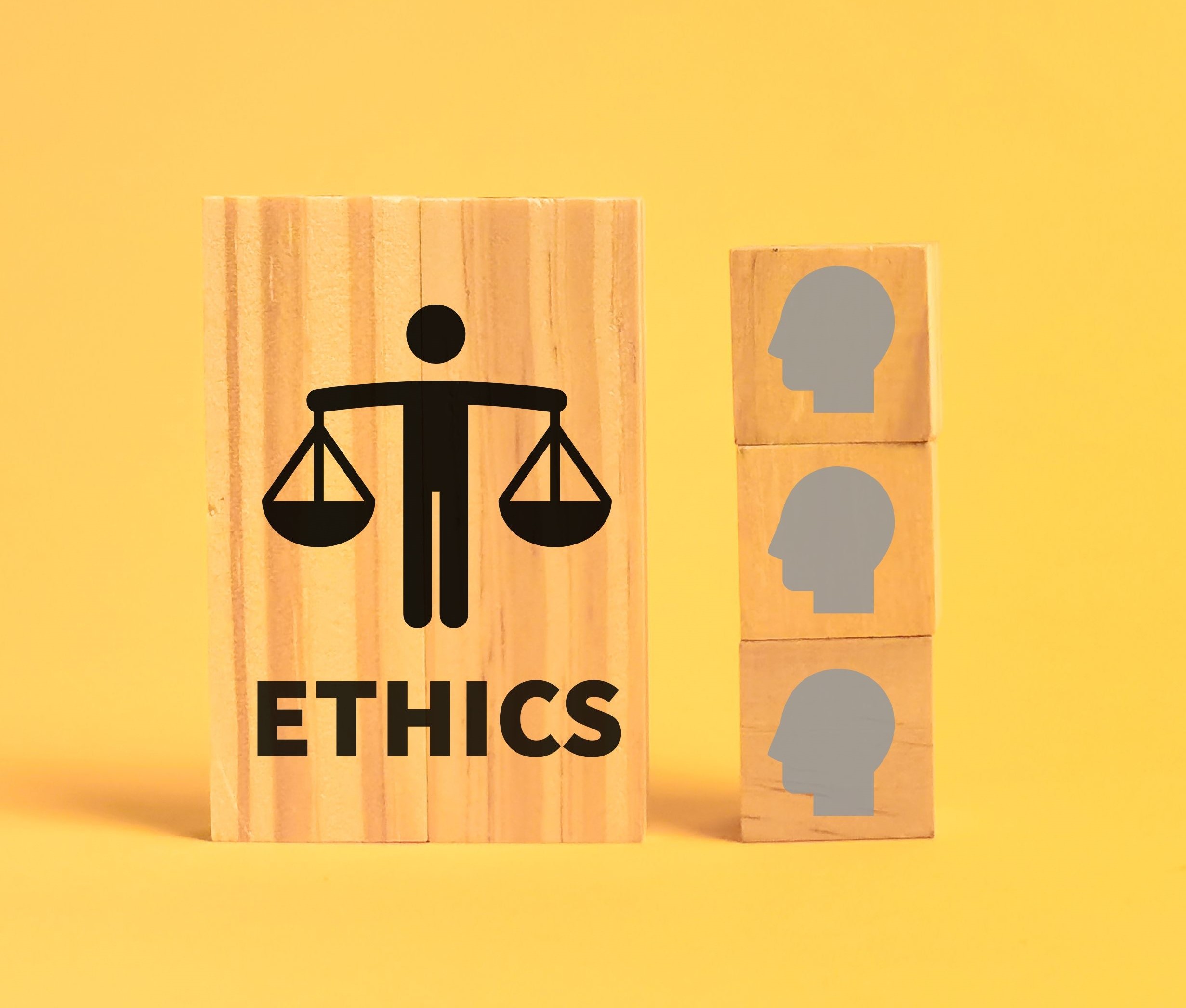In Lebanon, the Laws Regulating the Legal Profession establish the principles and standards that govern the lawyer-client relationship. These laws mandate that lawyers adhere to professional ethics, particularly regarding the sanctity and legality of their fees and their conduct toward fellow lawyers and clients. However, the reality often diverges from these written principles, resulting in numerous violations.
In practice, adherence to these regulations seems closely tied to individual personalities. While some lawyers fully commit to legal standards, others show only partial adherence, and many violate these principles daily. Despite the Bar Association’s efforts to enforce behavioral standards, including disbarring members, these breaches persist.
From my perspective, personal integrity is crucial. It distinguishes one lawyer from another and significantly impacts their relationships with clients. Clients are more likely to choose a lawyer who exudes professionalism, including elegant attire, fluency in speech, respectful behavior, and, most importantly, trustworthiness.
While formal standards contribute to a lawyer’s serious demeanor, they must be coupled with honesty, competence, and trust to be truly effective. Without these qualities, a lawyer risks losing clients, as the absence of trust can lead to the loss of the power of attorney.
An old adage remains relevant today: “The most important opponent for a lawyer is the client.” This statement holds some truth, as the dynamic between a lawyer and their client is deeply influenced by the lawyer’s personality and ethical standards.
In conclusion, the gap between the ideal principles outlined in the laws regulating the legal profession and the reality on the ground underscores the importance of personal integrity in legal practice. Lawyers who embody trust, competence, and professionalism are more likely to maintain strong client relationships and uphold the esteemed standards of their profession.

